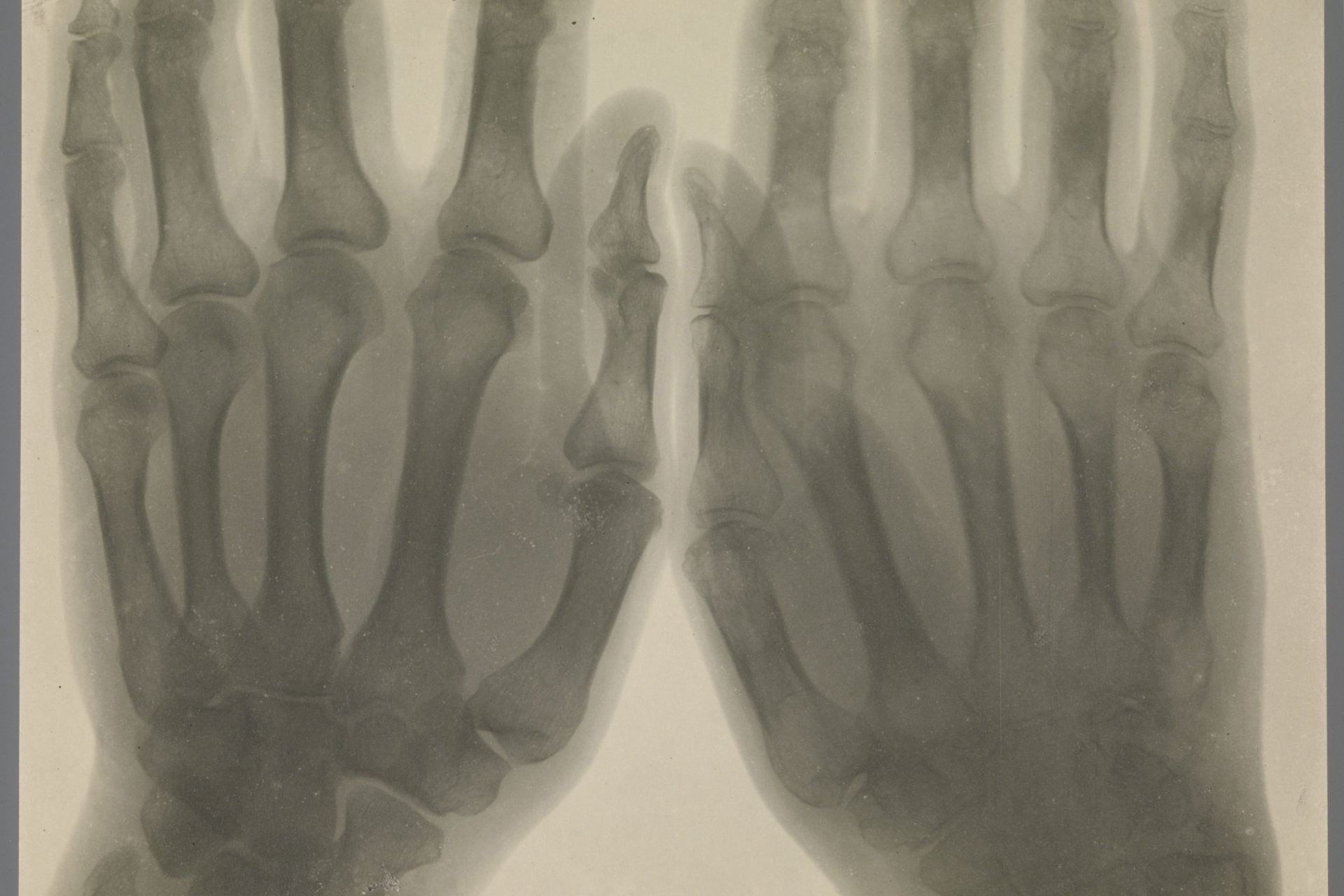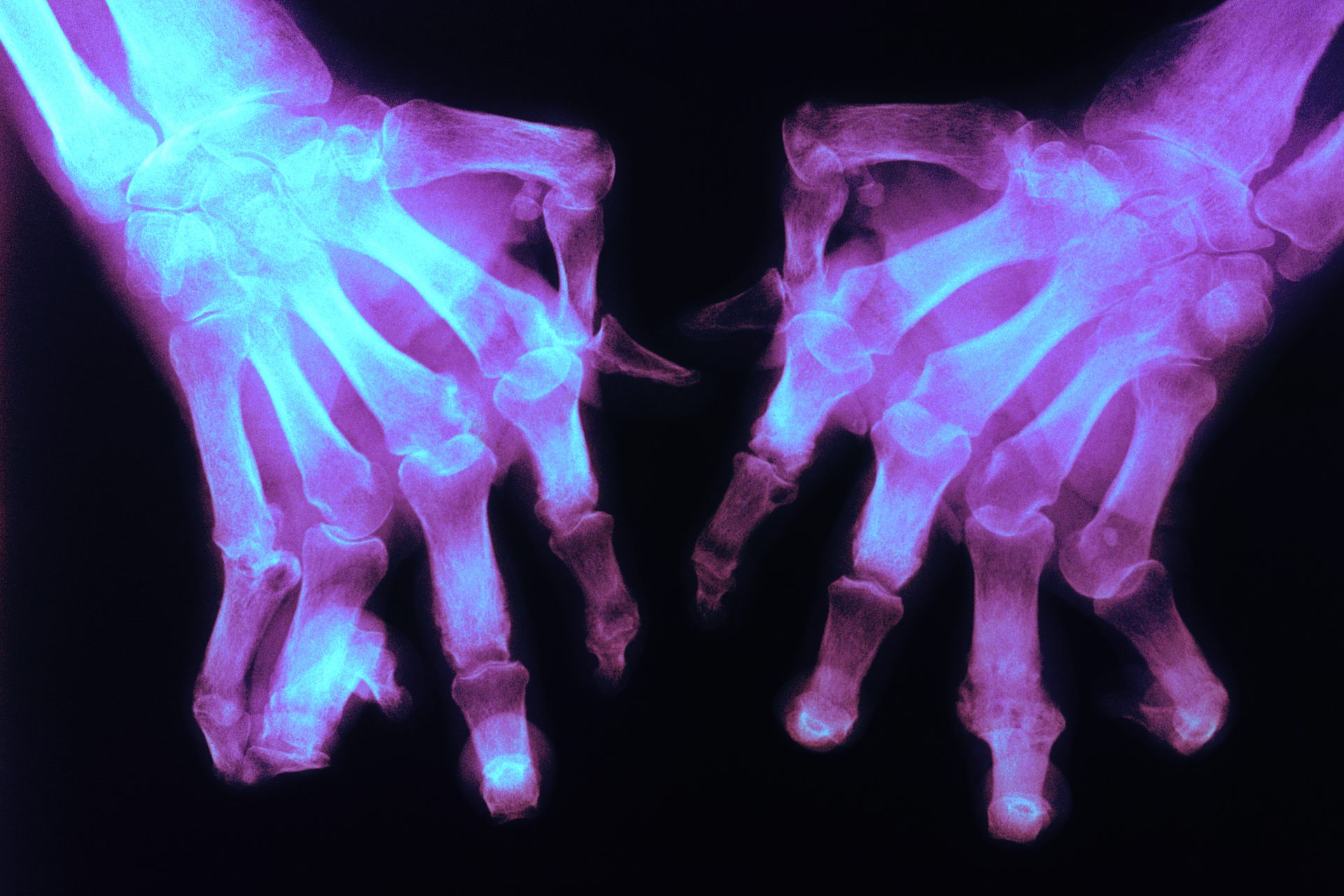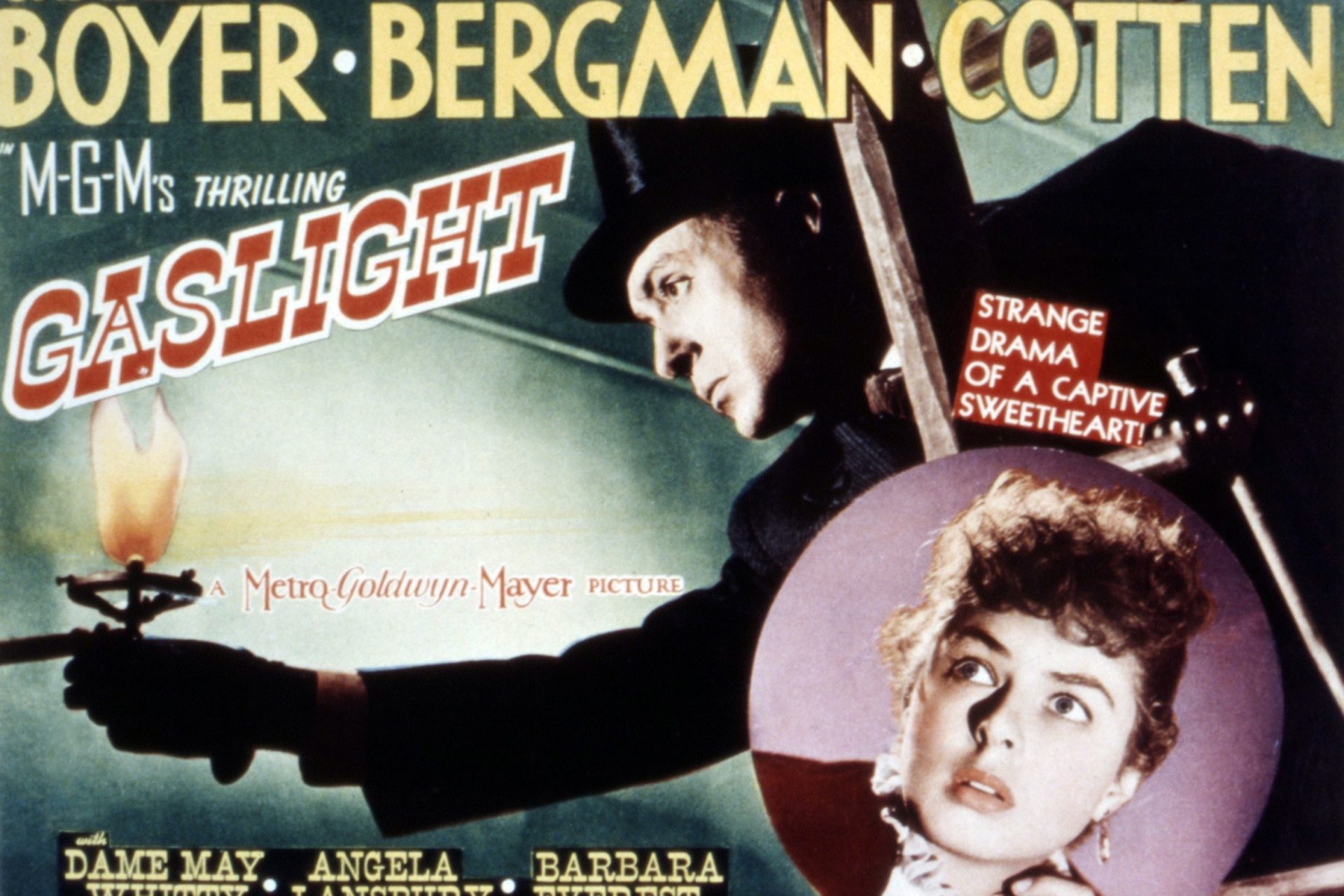Is it really bad to crack your knuckles? Here's the latest science.
Knuckle cracking is a common habit that divides the population. Most people either love it or hate it. The relief of a loud and juicy crack is a sensation that elicits comfort for some, while others squirm at the mere thought or sound of it.
However, the crux of the matter isn't the divisive nature of knuckle cracking. The pressing question is whether this seemingly innocuous habit could spell trouble for our joints. If you're a knuckle cracker, you've probably been warned that it can cause arthritis.
To understand the implications, we first need to comprehend the mechanics: why do we hear that characteristic crack that, for many, brings a momentary sense of release?
Unbeknownst to many, that unique sound is the aftermath of a tiny "explosion" of minuscule gas bubbles.
Photo: Unsplash (Roman Kraft)
Our joints, an intricate ensemble of bones, ligaments, tendons, and cartilage, are encased by the synovial capsule, acting as a lubricant. This capsule is a cocktail of synovial fluid and trace amounts of gases such as nitrogen, carbon dioxide, and oxygen.
When you stretch your fingers, the associated bones and tendons in the joint are stretched too, causing the synovial capsule's volume to increase. This decreases the pressure, allowing gases from the synovial fluid to escape, creating a vacuum, which is rapidly filled by gas in the form of "bubbles" that burst.
These gases, in tandem with the synovial fluid, serve a critical function: to protect and lubricate the joints. It takes a while for the gases to redissolve in the synovial fluid, which explains why they can't be cracked again immediately.
The gratifying sensation often associated with knuckle cracking is attributed to the stimulation of certain nerve endings during this process. There is also the familiar joy of popping things like bubble wrap...
The jury is still out on whether everyone can get away with this practice without facing any consequences. While indulging in it sporadically may seem harmless, what happens when it becomes a ritual?
Photo: Unsplash (Marco Chilese)
According to health experts, this seemingly trivial habit doesn't necessarily cause problems. However, some physiotherapists advise against popping agressively or too often just in case. Here's what the best research says....
Foto: Unsplash (Elahe Motamedi)
California Dr. Daniel Unger was obviously interested in exploring the popular belief himself. So, for at least 50 years, he cracked the knuckles on his left hand only... at least twice per day. The right hand, uncracked, was a perfect control.
Unger's dedication remains one of the best studies on knuckle cracking, though he was the only subject. Over the years, as he compared his two hands for signs of arthritis or changes in Xrays. His final result was published in a study.. and guess what? After 50 years of cracking, there was no difference between his left (cracked) hand and right (not cracked) one!
The claim that cracking causes arthritis was debunked by a study in the Annals of Rheumatic Diseases in 1990, with further research in 2011 in the Journal of the American Board of Family Medicine supporting the same finding. The latter study, for example, found that the prevalence of arthritis in knuckle crackers was even slightly lower than in non-knuckle crackers (18% compared to 20%).
Photo: Unsplash (Ben White)
However, just because cracking doesn't cause arthritis, doesn't mean that it's totally harmless. The 1990 study found some indications that it is linked to hand swelling and lower grip strength, so that's something to keep in mind.
Foto: Unsplash (Ben White)
But the main thing doctors say today to watch out for is cracking too hard or forcing the pop. That's because it can cause sprained ligaments or even finger dislocation when enough external pressure is applied. That injury is most common in the index or pinky fingers, according to Henry County Hospital.
Cracking your knuckles probably won't harm you, according to Harvard Health... and if you're looking to deter someone else from cracking their knuckles, you'll need a more persuasive argument than the potential for arthritis. However, you can warn them about cracking too hard, as they just might strain or dislocate something!



























